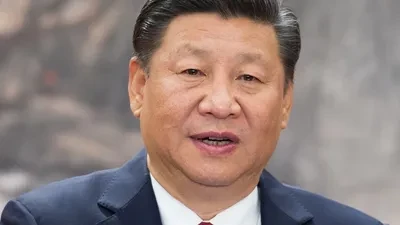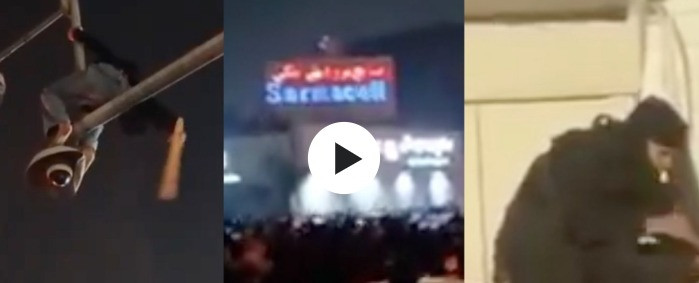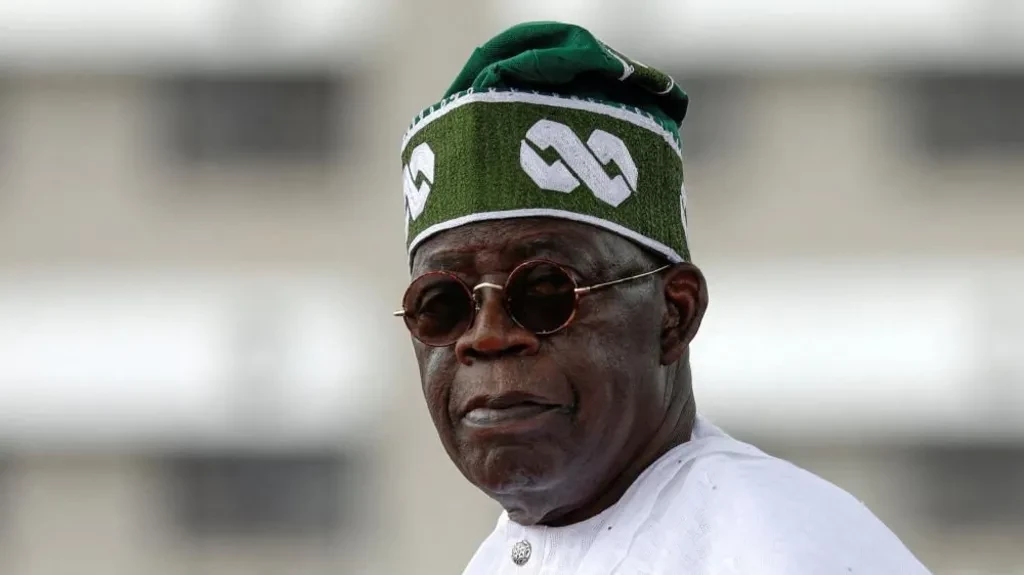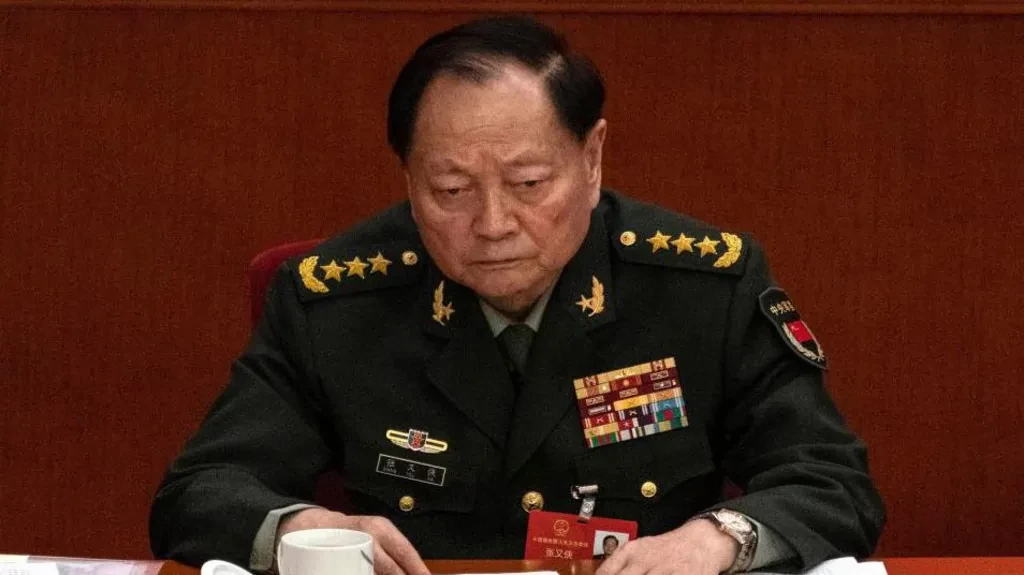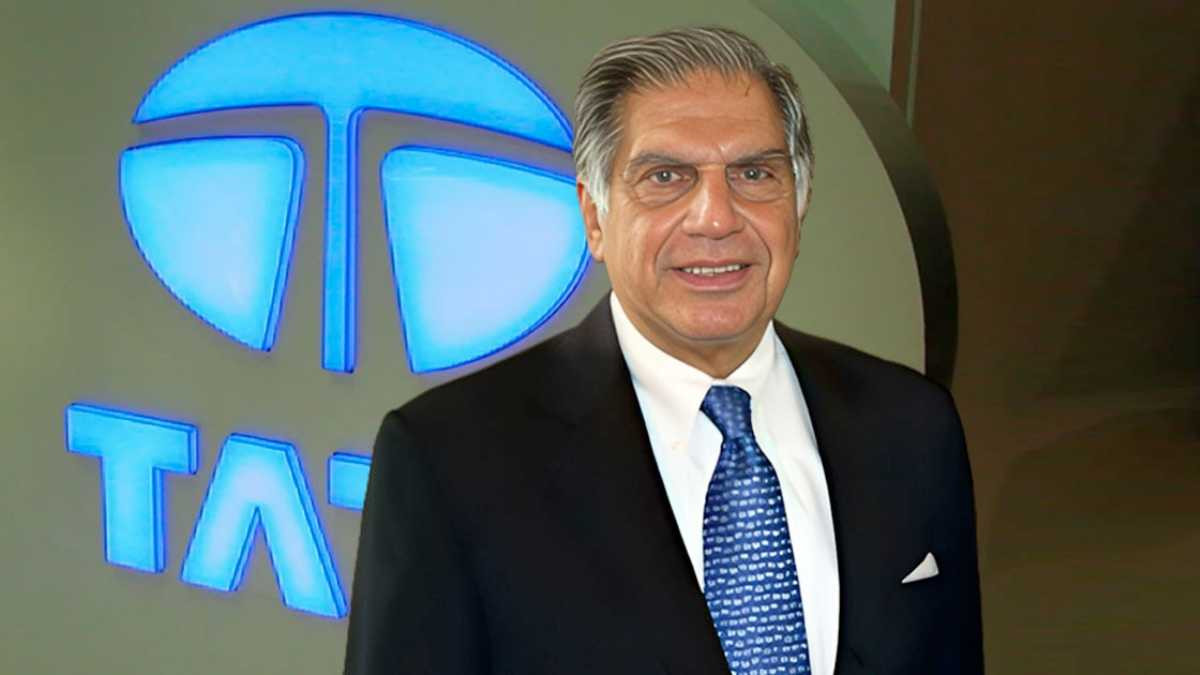
NEW DELHI (AP) — Thousands of people paid their last respects on Thursday to Ratan Tata — one of India’s most influential business leaders — in the country’s financial capital ahead of a state funeral later in the day. The veteran industrialist, former chairman of Tata Group, a $100 billion conglomerate, died at a Mumbai hospital on Wednesday night at the age of 86.
Tata’s body was taken Thursday to Mumbai’s National Centre for the Performing Arts, where the public, industrialists, state officials and some of India’s top celebrities lined up to pay their final respects to a man seen by many as an industry legend and icon.
Prime Minister Narendra Modi described Tata as a visionary leader and a compassionate and extraordinary human being.
“He provided stable leadership to one of India’s oldest and most prestigious business houses. At the same time, his contribution went far beyond boardrooms,” Modi said on the social media platform X.
Current Tata Group Chairman Natarajan Chandrasekaran described Tata as his “friend, mentor, and guide.” He did not provide a cause of death.
“With an unwavering commitment to excellence, integrity, and innovation, the Tata Group under his stewardship expanded its global footprint while always remaining true to its moral compass,” Chandrasekaran said in a statement.
Authorities in Maharashtra state, whose capital is Mumbai, declared one-day mourning on Thursday in honor of Tata, with government buildings flying the national flag at half-mast.
Tata was admitted this week to the Breach Candy Hospital in south Mumbai, the city where he lived. Tata Group issued a statement on Monday saying there was no cause for concern regarding his health and he was undergoing checkups for age-related medical conditions.
- Zim’s poor batting hands India series
- Proposed raids on grain farmers raises stink
- Wheat growers urged to increase production
- Is Zimbabwe ready for green building standards?
Keep Reading
Google CEO Sundar Pichai said Tata left behind an extraordinary business and philanthropic legacy and was instrumental in mentoring and developing modern business leadership in India.
“He deeply cared about making India better,” Pichai said on X.
Cornell University, where Tata received a bachelor’s degree in architecture, said he was its “most generous international donor.”
“We will remember his legacy of transformative giving to Cornell,” the university said on X.
Ratan Tata joined the Tata Group in 1961 and succeeded J.R.D. Tata as chairman after the latter’s retirement in 1991. That followed the liberalization of India’s economy in 1990, bringing massive economic reforms and global investment in the country.
Under his leadership, the conglomerate grew significantly to a sprawling collection of nearly 100 companies, including Tata Motors, the country’s largest automaker, Tata Steel, the largest private steel company, Tata Power, and the information technology company Tata Consultancy Services. It also expanded globally with revenue exceeding $100 billion on his retirement.
Tata Group employs more than 350,000 people worldwide with a presence in over 100 countries.
Its products are ubiquitous in Indian homes and include daily necessities such as salt, tea and mineral water.
Tata Group pioneered commercial aviation in India by launching an airline in 1932 that later became Air India. The government later took it over. Tata Group then bought Air India from the government in 2021. It also started a full-service carrier, Vistara, with Singapore Airlines, but recently merged it with Air India.
In June 2008, Tata bought Jaguar and Land Rover from Ford for $2.3 billion. A year earlier, it took over Britain-based steel maker Corus for $12 billion. At that time, Corus’ annual steel production was four times higher than Tata Steel’s. But unlike his successes in other projects, Corus was a drag on Tatas, as the company failed to come out of the financial crisis.
Tata-owned Port Talbot steel plants in Wales had also been a failure, with the loss of 2500 jobs, despite a £500million ($654) taxpayer-backed deal with the government.
In 2009, the company surprised the automobile industry by launching Tata Nano, a tiny vehicle with a rear engine costing about 100,000 rupees (then $2,000). Publicized as a “People’s Car,” it could seat up to five adults. Ratan Tata said at the time that it would provide a “safe, affordable, all-weather form of transport” for millions of middle- and lower-income Indian consumers.
However, due to low sales, the company stopped production of the tiny car in 2018.
Tata was also widely known for his charitable work in multiple fields including healthcare, education, skill development, disaster relief and rehabilitation under the Tata Trusts, India’s largest private-sector philanthropic organization that he headed until his death.
In December 2012, Tata retired as chairman of Tata Group. He briefly served as interim chairman beginning in October 2016 following the ouster of his successor, Cyrus Mistry. He returned to retirement in 2017 when Chandrasekaran was appointed chairman of Tata Group. But he was still known as a father figure to the group.
Tata never married and is survived by a brother, two half-sisters and a half-brother.
Associated Press writer Aijaz Hussain in Srinagar, India, contributed to this report.

